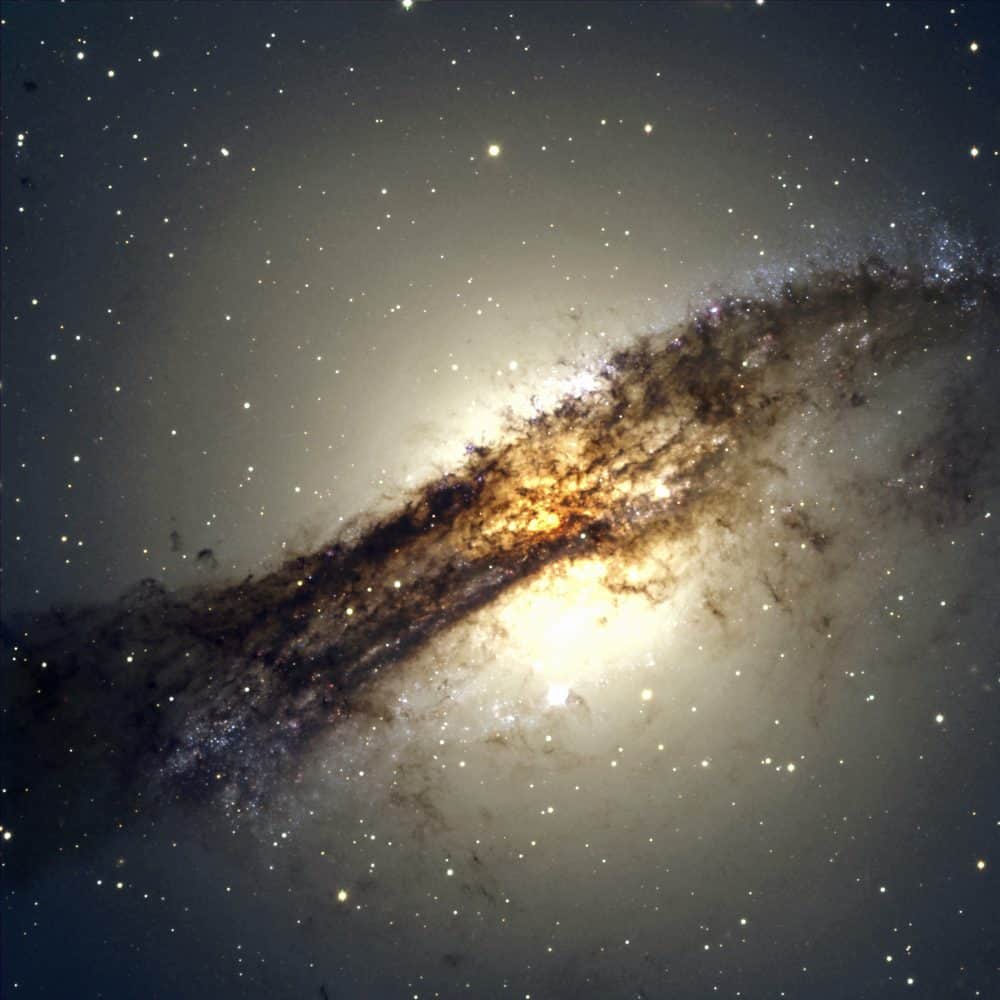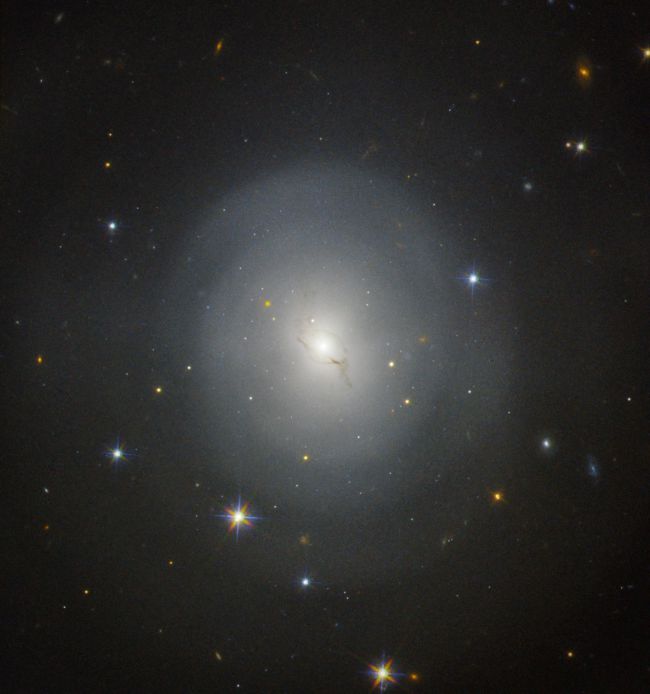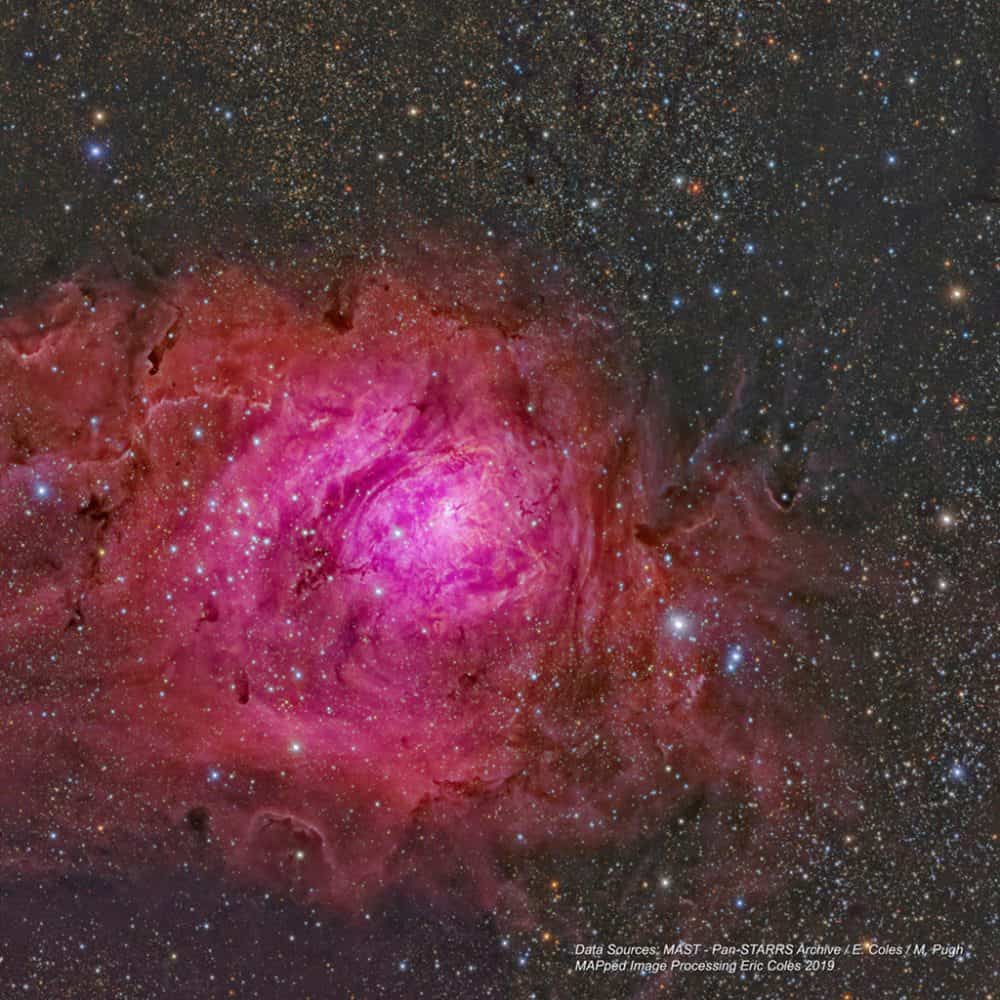Blog
Slovenia
more...https://www.youtube.com/watch?v=zZp5nBy92Uk&list=PLEB3LPVcGcWZ0hsQ5_jgSMhawAnDzy1io&index=2&t=0s
more...Centaurus A or NGC 5128 is a galaxy in the constellation of Centaurus. It was discovered in 1826 by Scottish astronomer James Dunlop from his home in Parramatta, in New South Wales, Australia. There is considerable debate in the literature regarding the galaxy’s fundamental properties such as its Hubble type (lenticular galaxy or a giant elliptical galaxy)and distance (10–16 million light-years). NGC 5128 is one of the closest radio galaxies to Earth, so its active galactic nucleus has been extensively studied by professional astronomers. The galaxy is also the fifth-brightest in the sky,making it an ideal amateur astronomy target, although the galaxy is only visible from low northern latitudes and the southern hemisphere.
more...Frederick “Freddie” Douglas Waits (April 27, 1943 – November 18, 1989) was a hard bop and post-bop drummer.
Waits never officially recorded as leader, however he was a prominent member and composer in Max Roach‘s M’Boom percussion ensemble.
He worked as sideman with a number of influential pianists, including McCoy Tyner, Kenny Barron, Andrew Hill, Gene Harris, Billy Taylor and Joe Zawinul.
In the late 1970s, Waits formed Colloquium III with fellow drummers Horace Arnold and Billy Hart. In the 1980s he became a music faculty member of Rutgers University. He died of pneumonia and kidney failure in New York in 1989.
His son is the drummer Nasheet Waits.
more...James Lee Keltner (born April 27, 1942) is an American drummer known primarily for his session work. He was characterized by Bob Dylan biographer Howard Sounes as “the leading session drummer in America”. Keltner was initially inspired to start playing because of an interest in jazz, but the popularity of jazz was declining during the late 1950s and early 1960s, and it was the explosion of pop/rock in the mid-1960s that enabled him to break into recording work in Los Angeles. His first gig as a session musician was recording “She’s Just My Style” for the pop group Gary Lewis and the Playboys.
Keltner’s music career was hardly paying a living, and for several years at the outset he was supported by his wife. Toward the end of the 1960s, he finally began getting regular session work and eventually became one of the busiest drummers in Los Angeles. His earliest credited performances on record were with Gabor Szabo on the 1968 album Bacchanal.
In 1968, Keltner was also working in a music shop in Pasadena just down the street from the old “Ice House” coffeehouse when he was recruited to play drums in a “psychedelic” vocal group named “MC Squared” along with Michael Crowley, Michael Clough, Linda Carey, (all from the folk group The Back Porch Majority) and session guitarist/bassist Randy Cierley Sterling. They were signed by Mo Ostin and recorded an album for Warner/Reprise originally titled “MC Squared” which has later been re-mastered and re-released in 2012 with the album title “Tantalizing Colors.” They appeared live that same year on the Hugh Hefner / Playboy Magazine television show Playboy After Dark playing two songs: an original by MC Squared members Michael Clough and Michael Crowley titled “I Know You” and a cover version of the Fred Neil song Everybody’s Talkin’. Both Playboy After Dark performances with Keltner playing drums can currently be viewed on YouTube.
It was his work with Leon Russell playing on Delaney & Bonnie’s Accept No Substitute that attracted the attention of Joe Cocker, who recruited Russell and everyone else he could out of the Delaney & Bonnie band for his Mad Dogs & Englishmen tour. Playing with Joe Cocker led to work in 1970 and 1971, on records by Carly Simon (No Secrets), Barbra Streisand (Barbra Joan Streisand), Booker T. Jones (Booker T. & Priscilla), George Harrison (The Concert for Bangladesh), and John Lennon (Imagine).
Keltner is well known for his session work on solo recordings by three members of the Beatles, working with George Harrison, John Lennon (including Lennon solo albums, as well as albums released both by the Plastic Ono Band and Yoko Ono), and Ringo Starr.
more...Conrad Henry Kirnon (April 27, 1927 – November 30, 1994) known professionally as Connie Kay, was an American jazz and R&B drummer who was a member of the Modern Jazz Quartet.
Self-taught on drums, he began performing in Los Angeles in the mid-1940s. His drumming is recorded in The Hunt, the recording of a famous Los Angeles jam session featuring the dueling tenors of Dexter Gordon and Wardell Gray on July 6, 1947. He recorded with Lester Young‘s quintet from 1949 to 1955 and with Stan Getz, Coleman Hawkins, Charlie Parker, and Miles Davis.
Kay did R&B sessions for Atlantic Records in the early to mid-1950s, and he was featured on hit records such as Shake, Rattle and Roll by Big Joe Turner and Ruth Brown‘s (Mama) He Treats Your Daughter Mean.
Kay joined the Modern Jazz Quartet in 1955, replacing original drummer Kenny Clarke. He remained through the group’s dissolution in 1974 and occasional reunions into the 1990s. In addition to his MJQ compatriots, he had an enduring partnership with cool jazz altoist Paul Desmond through the first half of the 1960s. He played drums on several of Irish singer-songwriter Van Morrison‘s albums: Astral Weeks, one song on Saint Dominic’s Preview, and four songs on Tupelo Honey.
more...The Community Band performing on Arbor Day at Theodore Wirth Regional Park 7pm
https://www.minneapolisparks.org/activities__events/events/arbor_day/
more...The kilonova explosion was spotted in the galaxy NGC 4993, which is shown here in an image from the Hubble Space Telescope. The kilonova is visible here to the upper left of the very bright galactic center, and appears as a golden-yellow spot. Astronomers have two names for the Aug. 17 event, depending on what type of phenomenon is referred to. GW170817 refers to the gravitational waves observed from the merger, while GRB 170817A looks at the gamma-ray burst produced by the neutron-star merger. Gamma-ray bursts are the brightest known electromagnetic events in the universe, and can be created by a few different phenomena. NGC 4993 (also catalogued as NGC 4994) is a lenticular galaxy located about 140 million light-years away in the constellation Hydra. It was discovered on 26 March 1789 by William Herschel and is a member of the NGC 4993 Group.
more...Lakshminarayana Shankar (born 26 April 1950), also known as L. Shankar and Shenkar, is an Indian-born American violinist, singer, and composer. In the 1970s he formed the band Shakti with British guitarist John McLaughlin. His style combines jazz and Indian classical music, though he also worked in pop and rock, as with Peter Gabriel. Shenkar (aka Shankar, L.Shankar) is widely considered a living legend, a pioneer and a musical genius by his peers who hold him in the highest esteem. Shenkar has enthralled audiences and critics alike all over the world. A child prodigy who is a virtuoso violinist, vocalist (with 5 1/2 octaves range), composer and record producer who has sold over 50 million albums through his solo projects and collaborations with other artists throughout the world.Shenkar was born in Madras, India and grew up in Jaffna, Sri Lanka where his father V. Lakshminarayana Iyer was a professor at the Jaffna College of Music. He was exposed to Carnatic music and other styles from an early age.He started studying the vocal at the age of two then violin at five then mrdangam at seven. His father was an esteemed violinist, vocalist, his mother L Seethalakshmi played the veena and all his five older siblings were also proficient in music. At the age of seven, Shenkar gave his first public concert,at a Ceylonese temple, Nallur Kandaswarmy. He gained considerable reputation performing and recording with some of the most eminent names in Carnatic music, playing all through India, such as Semmangudi Srinivasa Iyer, Chembai Vaithyanatha Baghavatar, Palghat Mani Iyer, Alathur Srinivasa Iyer and many other leading musicians besides his own solo concerts which he performed with the great Palghat Mani Iyer all over India and USA.
more...Theodore Marcus Edwards (April 26, 1924 – April 20, 2003) was an American jazz tenor saxophonist on the west coast of the U.S. Edwards was born in Jackson, Mississippi. He learned to play at a very early age, first on alto saxophone and then clarinet.
His uncle sent for him to come to Detroit to live because he felt opportunities were better. Due to illness in the family, he went back to Jackson and ventured to Alexandria, Louisiana. He was persuaded by Ernie Fields to join his band after going to Tampa, Florida. Teddy had planned to go to New York City, but Ernie Fields convinced him he could get there by way of Washington, DC, if he worked with his band. Teddy ended up at the “Club Alabam” on Central Avenue in Los Angeles, which later became his city of residence.
Teddy Edwards played with many jazz notables, including his personal friend Charlie Parker, Roy Milton, Wynonie Harris, Vince Guaraldi, Joe Castro and Ernie Andrews. A classic 1947 recording with Dexter Gordon, The Duel, helped set him up as a legend, a status he liked to maintain by challenging other worthy sax players to similar duels whenever possible, including a recording with Houston Person. One such “memorable” duel took place in the 1980s at London’s 100 Club with British tenor Dick Morrissey.
more...John Ned “Johnny” Shines (April 26, 1915 – April 20, 1992) was an American blues singer and guitarist.
Shines was born in the community of Frayser, in Memphis, Tennessee. He was taught to play the guitar by his mother and spent most of his childhood in Memphis, playing slide guitar at an early age in juke joints and on the street. He moved to Hughes, Arkansas, in 1932 and worked on farms for three years, putting aside his music career. A chance meeting with Robert Johnson, his greatest influence, gave him the inspiration to return to music. In 1935, Shines began traveling with Johnson, touring in the United States and Canada. They parted in 1937, one year before Johnson’s death.
Shines played throughout the southern United States until 1941, when he settled in Chicago. There he found work in the construction industry but continued to play in local bars.
He made his first recording in 1946 for Columbia Records, but the takes were never released. He recorded for Chess Records in 1950, but again no records were released. He kept playing with blues musicians in the Chicago area for several more years. In 1952, Shines recorded what is considered his best work, for J.O.B. Records. The recordings were a commercial failure, and Shines, frustrated with the music industry, sold his equipment and returned to working in construction.
more...Flamenco Fridays with Rumba
Rumba flamenca, also known as flamenco rumba or simply rumba (Spanish pronunciation: [ˈrumba]), is a palo (style) of flamenco music developed in Andalusia, Spain. It is known as one of the cantes de ida y vuelta (roundtrip songs), music which diverged in the new world, then returned to Spain in a new form. The genre originated in the 19th century in Andalusia, southern Spain, where Cuban music first reached the country.
Rumba flamenca was primarily influenced by guaracha, an uptempo style of vocal music which originated in Havana‘s musical theatre. Some elements from Cuban rumba were also incorporated, although minor, despite the name. Although unlikely, both guaracha and Cuban rumba might have been influenced by flamenco earlier in the 19th century. Guarachas can be traced back to the Spanish jácaras, thus justifying the classification of rumba flamenca as a cante de ida y vuelta.
The first rumba flamenca recordings were made by La Niña de los Peines in the 1910s. During the late 20th century, Paco de Lucía, together with percussionist Rubem Dantas, incorporated Afro-Peruvian musical elements such as the cajón (wooden box) and certain rhythms.
more...Ridges of glowing interstellar gas and dark dust clouds inhabit the turbulent, cosmic depths of the Lagoon Nebula. Also known as M8, the bright star forming region is about 5,000 light-years distant. But it still makes for a popular stop on telescopic tours of the constellation Sagittarius, toward the center of our Milky Way Galaxy. Dominated by the telltale red emission of ionized hydrogen atoms recombining with stripped electrons, this stunning view of the Lagoon is over 100 light-years across. At its center, the bright, compact, hourglass shape is gas ionized and sculpted by energetic radiation and extreme stellar winds from a massive young star. In fact, the many bright stars of open cluster NGC 6530 drift within the nebula, just formed in the Lagoon several million years ago. Broadband image data from Pan-STARRS (Panoramic Survey Telescope & Rapid Response System) was combined with narrowband data from amateur telescopes to create this wide and deep portrait of the Lagoon Nebula.
more...Vassar Carlton Clements (April 25, 1928 – August 16, 2005) was a Grammy Award-winning American jazz, swing, and bluegrass fiddler. Clements has been dubbed the Father of Hillbilly Jazz, an improvisational style that blends and borrows from swing, hot jazz, and bluegrass along with roots also in country and other musical traditions Clements was born in Kinard, Florida,[2] but grew up in Kissimmee. He taught himself to play the fiddle at age 7, learning “There’s an Old Spinning Wheel in the Parlor” as his first song. Soon, he joined with two first cousins, Red and Gerald, to form a local string band. In his early teens Clements met Bill Monroe and the Blue Grass Boys when they came to Florida to visit Clements’ stepfather, a friend of fiddler Chubby Wise. Clements was impressed with his playing.
Albert Nelson (April 25, 1923 – December 21, 1992), known by his stage name Albert King, was an American blues guitarist and singer whose playing influenced many other blues guitarists. He is perhaps best known for the popular and influential album Born Under a Bad Sign (1967) and its title track. He is one of the three performers (together with B. B. King and Freddie King) known as the “Kings of the Blues.”
He was also known as “The Velvet Bulldozer” because of his smooth singing and large size—he stood taller than average, with sources reporting 6 ft 4 in (1.93 m) or 6 ft 7 in (2.01 m), and weighed 250 lb (110 kg)—and also because he drove a bulldozer in one of his day jobs early in his career.
King was posthumously inducted into the Rock and Roll Hall of Fame in May 2013. In 2011, he was ranked number 13 on Rolling Stone’s 100 Greatest Guitarists of All Time. Nelson was born on a cotton plantation in Indianola, Mississippi.
Ella Jane Fitzgerald (April 25, 1917 – June 15, 1996) was an American jazz singer sometimes referred to as the First Lady of Song, Queen of Jazz, and Lady Ella. She was noted for her purity of tone, impeccable diction, phrasing, intonation, and a “horn-like” improvisational ability, particularly in her scat singing.
After a tumultuous adolescence, Fitzgerald found stability in musical success with the Chick Webb Orchestra, performing across the country but most often associated with the Savoy Ballroom in Harlem. Her rendition of the nursery rhyme “A-Tisket, A-Tasket” helped boost both her and Webb to national fame. After taking over the band when Webb died, Fitzgerald left it behind in 1942 to start her solo career.
Her manager was Moe Gale, co-founder of the Savoy, until she turned the rest of her career over to Norman Granz, who founded Verve Records to produce new records by Fitzgerald. With Verve she recorded some of her more widely noted works, particularly her interpretations of the Great American Songbook.
While Fitzgerald appeared in movies and as a guest on popular television shows in the second half of the twentieth century, her musical collaborations with Louis Armstrong, Duke Ellington, and The Ink Spots were some of her most notable acts outside of her solo career. These partnerships produced some of her best-known songs such as “Dream a Little Dream of Me“, “Cheek to Cheek“, “Into Each Life Some Rain Must Fall“, and “It Don’t Mean a Thing (If It Ain’t Got That Swing)“.
In 1993, she ended her nearly 60-year career with her last public performance. Three years later, she died at the age of 79 after years of declining health. Her accolades included fourteen Grammy Awards, the National Medal of Arts, and the Presidential Medal of Freedom. Fitzgerald was born on April 25, 1917, in Newport News, Virginia.
https://www.youtube.com/watch?v=2zdGFBBnNtg
More Posts
- The Cosmos with NGC 2264
- John Scofield
- Doug Hammond
- Billy Bean
- Butch Ballard
- World Music with Yaşar Akpençe – Topic
- Daily Roots with Count Ossie & The Mystic Revelation Of Rastafari
- Club Calabash 28 Christmas Show
- Surviving the Pandemic and Realizing Racial Justice
- The Cosmos with Orion Nebula
- Noel Redding
- Don Pullen
- Chris Kenner
- Cab Calloway
- Oscar Moore
- Kid Ory
- World Music from Jerusalem with Yemen Blues
- Daily Roots with Carlene Davis
- Merry Christmas Eve 2020
- Surviving the Pandemic and Realizing Racial Justice



